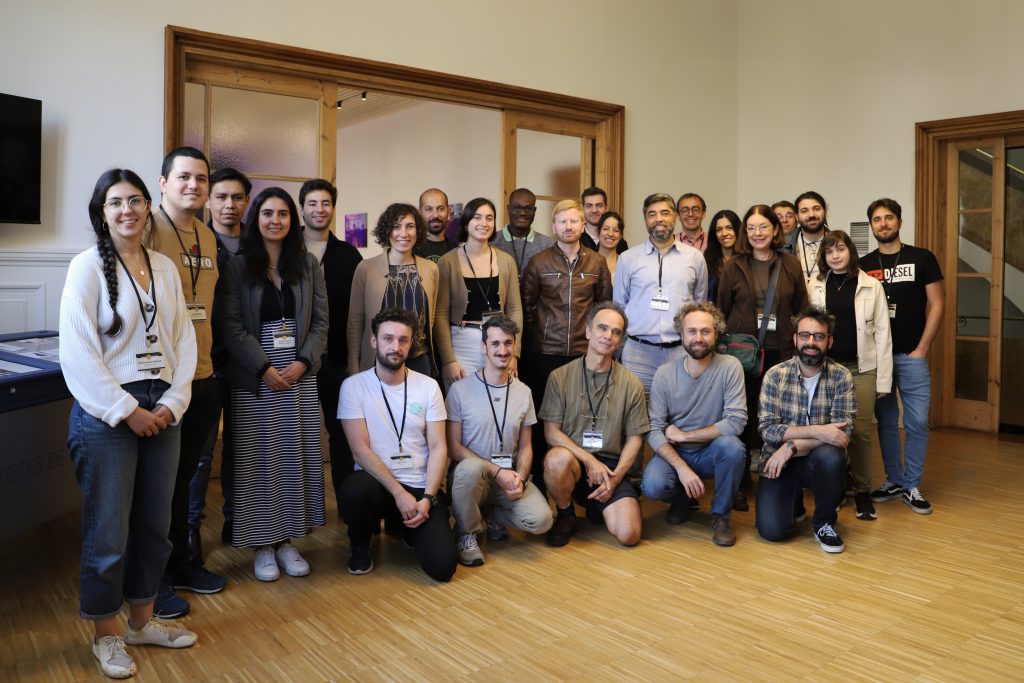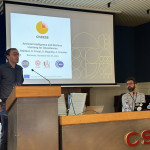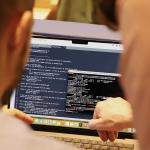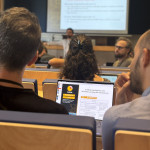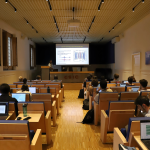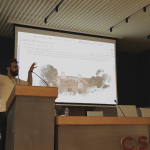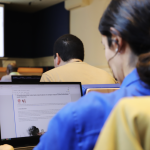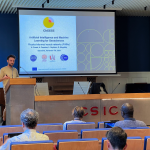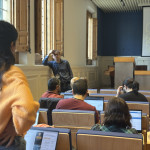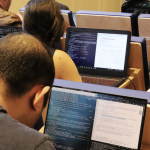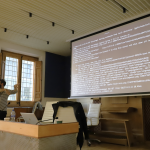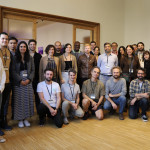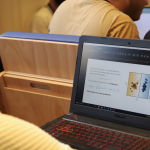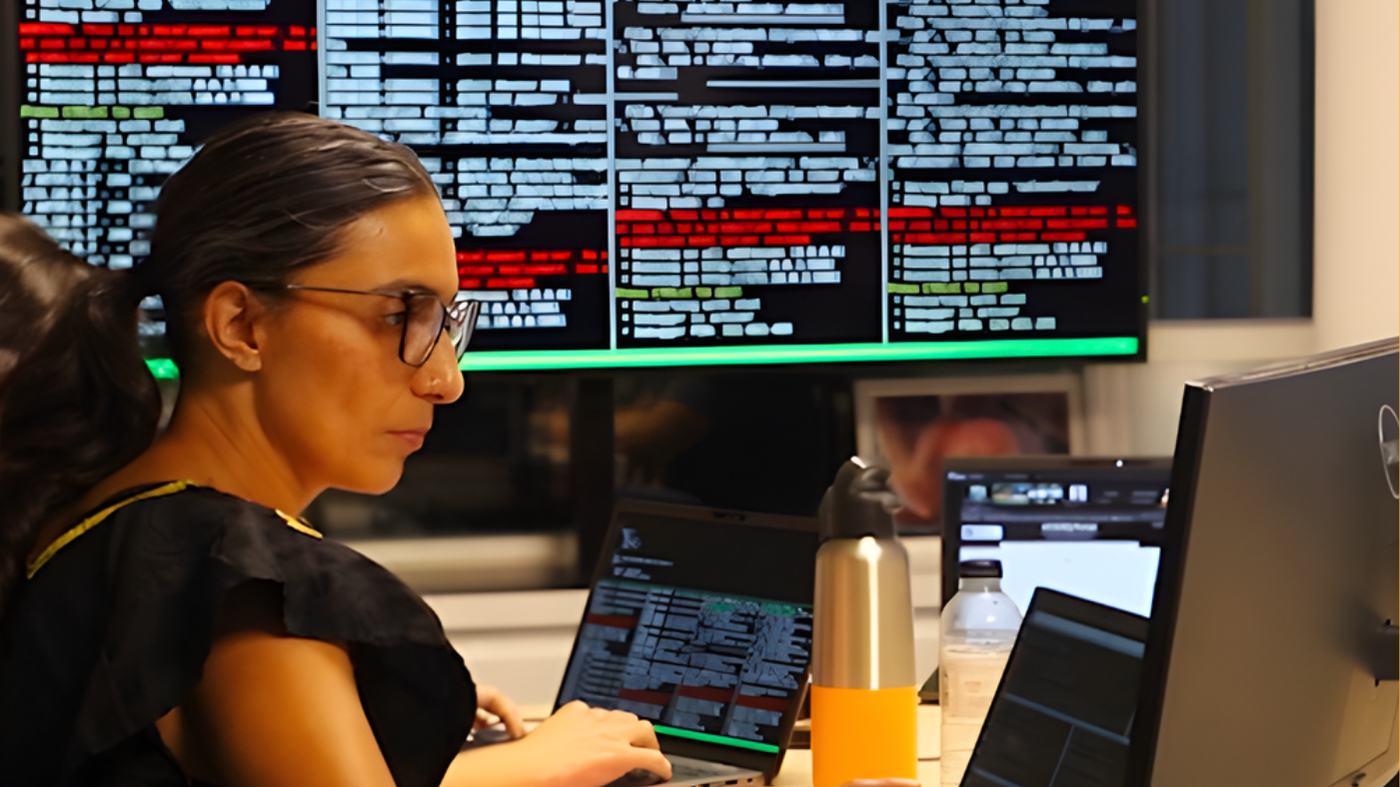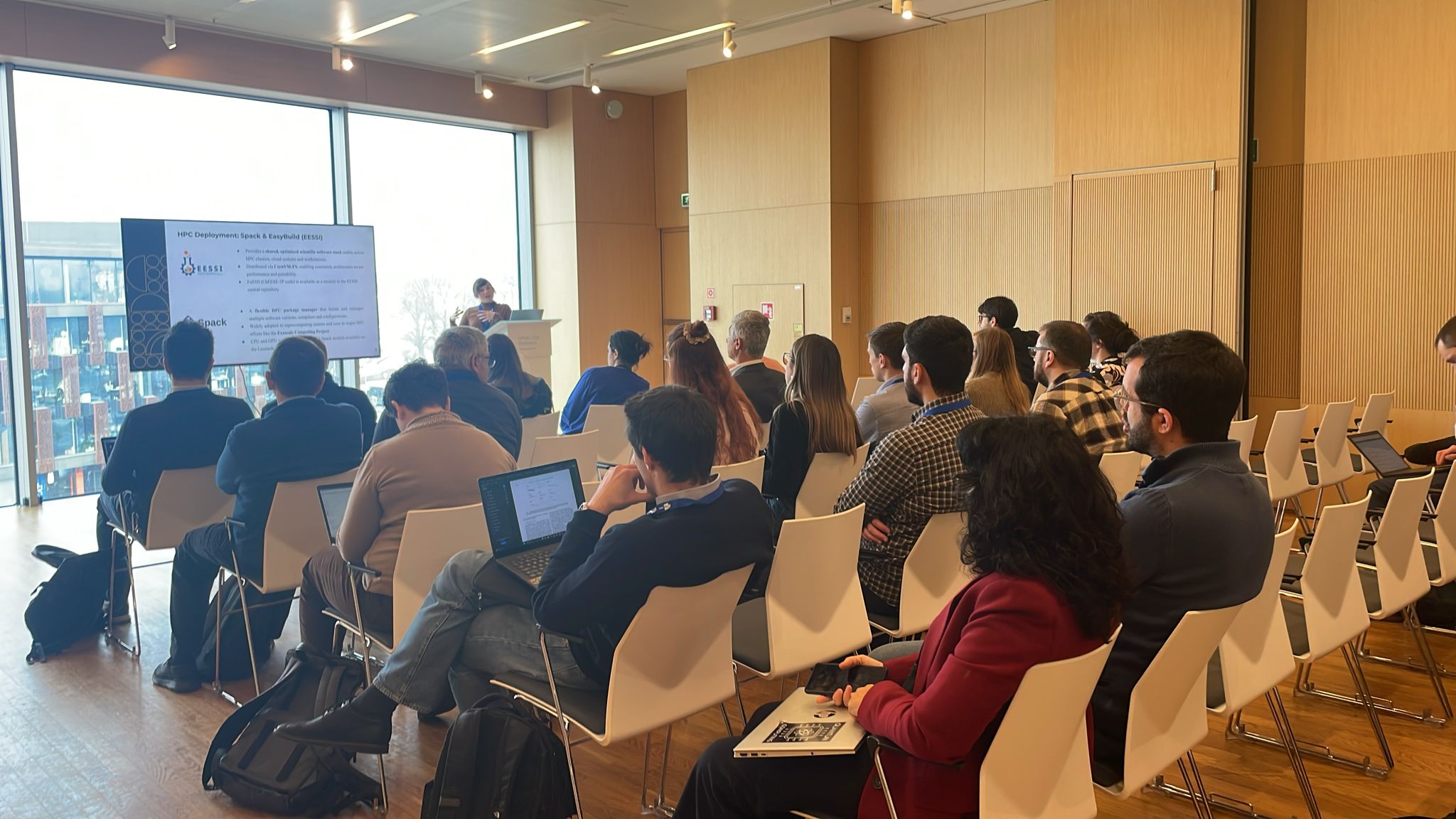During the course of three-days, participants gained insights into the tools and techniques behind AI, focusing on applications relevant to geosciences. The course broke down the “machine learning cookbook,” covering key steps like training, testing, and generalizing models. Through a series of tutorials, students explored supervised and unsupervised learning methods for tasks like classification, clustering, and regression.
In the hands-on sessions, participants had remote access to the MareNostrum supercomputer, thanks to support from the Barcelona Supercomputing Center (BSC). The attendees worked directly with data using Python libraries such as NumPy and Scikit-Learn. Later, they progressed to building deep learning models with frameworks like PyTorch, TensorFlow, and JAX, applying these tools to real-world datasets in a series of tutorials designed to make AI practical and relevant to geophysical problems.
This training was led by a team from the Institut de Physique du Globe de Paris (IPGP) and Centre national de la recherche scientifique (CNRS): Hugo Frezat (ChEESE postdoc, IPGP/CNRS), Léonard Seydoux (Assistant Professor, IPGP), Alexandre Fournier (Senior professor, IPGP) and Geneviève Moguilny (Research engineer, CNRS/IPGP). These instructors provided valuable guidance, ensuring participants could gain a practical, operational understanding of AI tools.
Through this AI and machine learning course, ChEESE CoE has continued to build practical skills among geophysicists, aligning with its goal to bring advanced computational methods to geoscience research.
Published: 8 November 2024

